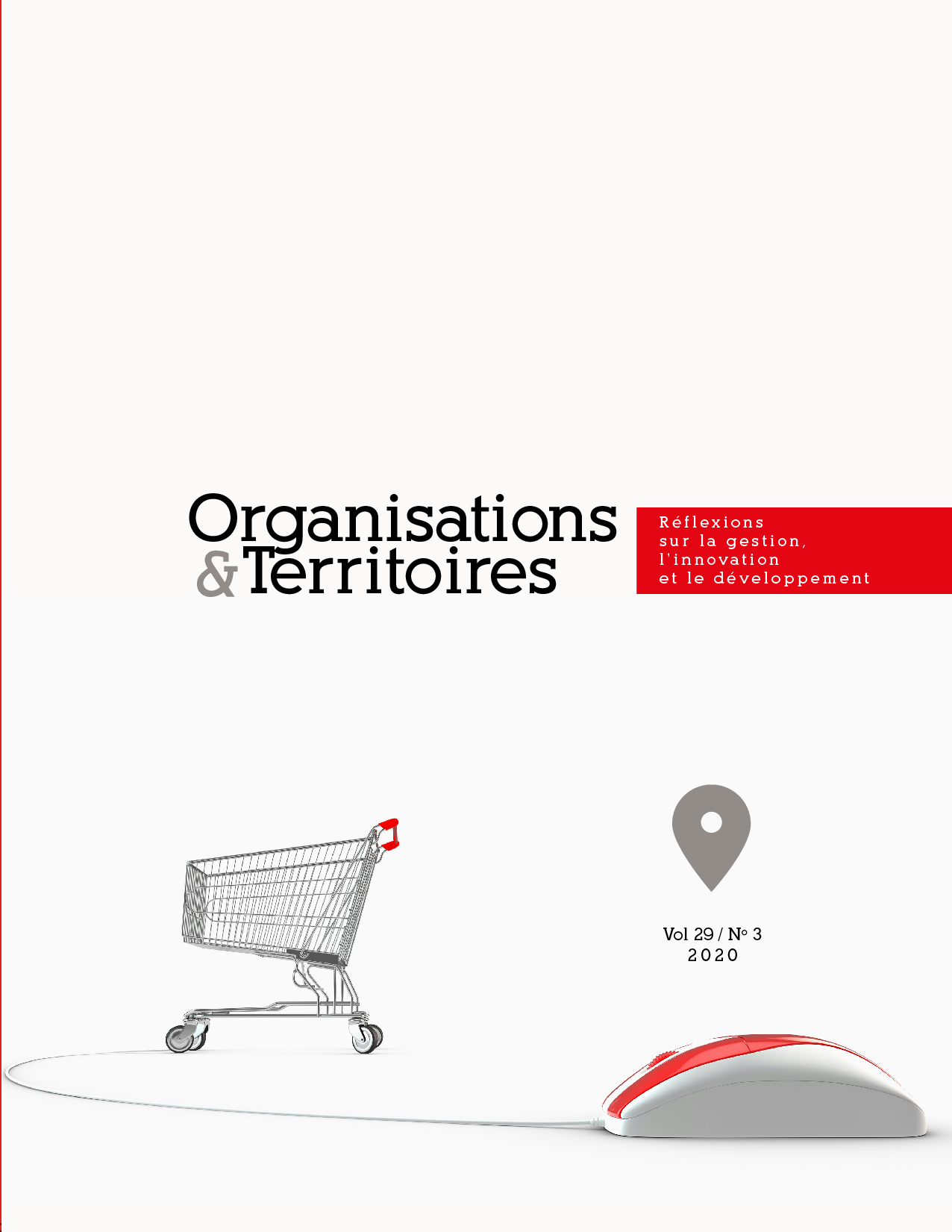Comprendre les antécédents de la satisfaction des clients envers l’achat en ligne : une étude empirique de la théorie de l’autodétermination
DOI:
https://doi.org/10.1522/revueot.v29n3.1197Keywords:
Customer satisfaction indices, online purchase, India, Self-Determination Theory, SDT, case studyAbstract
This paper aims to help understand the predictors of customer satisfaction with respect to online shopping in India, by using the Self-Determination Theory (SDT). This research validates perceived enjoyment, social influence, social media interactions, reverse logistics and pay on delivery (POD) mode of payment as new predictors of customer satisfaction in online shopping. Data was collected through a self-administered and structured questionnaire targeting online shoppers in North India states. A sample of 424 online shoppers was considered validated in this research using Structural Equation Modelling (SEM). The findings of the paper revealed that social influence, reverse logistics and POD mode of payment had a significant positive impact on customer satisfaction. Perceived enjoyment emerged as the strongest predictor of online shopping. However, social media interactions emerged as an insignificant predictor of customer satisfaction. This research is one of initial endeavour in online shopping that empirically validated POD, social media interactions, social influence, reverse logistics, and perceived enjoyment by using the SDT. Through this study, online retailers preparing to expand their operations in India have important insights regarding the drivers of online shopping leading to customer satisfaction. This in turn will help in developing marketing strategies and their implementation to target the huge untapped market.



